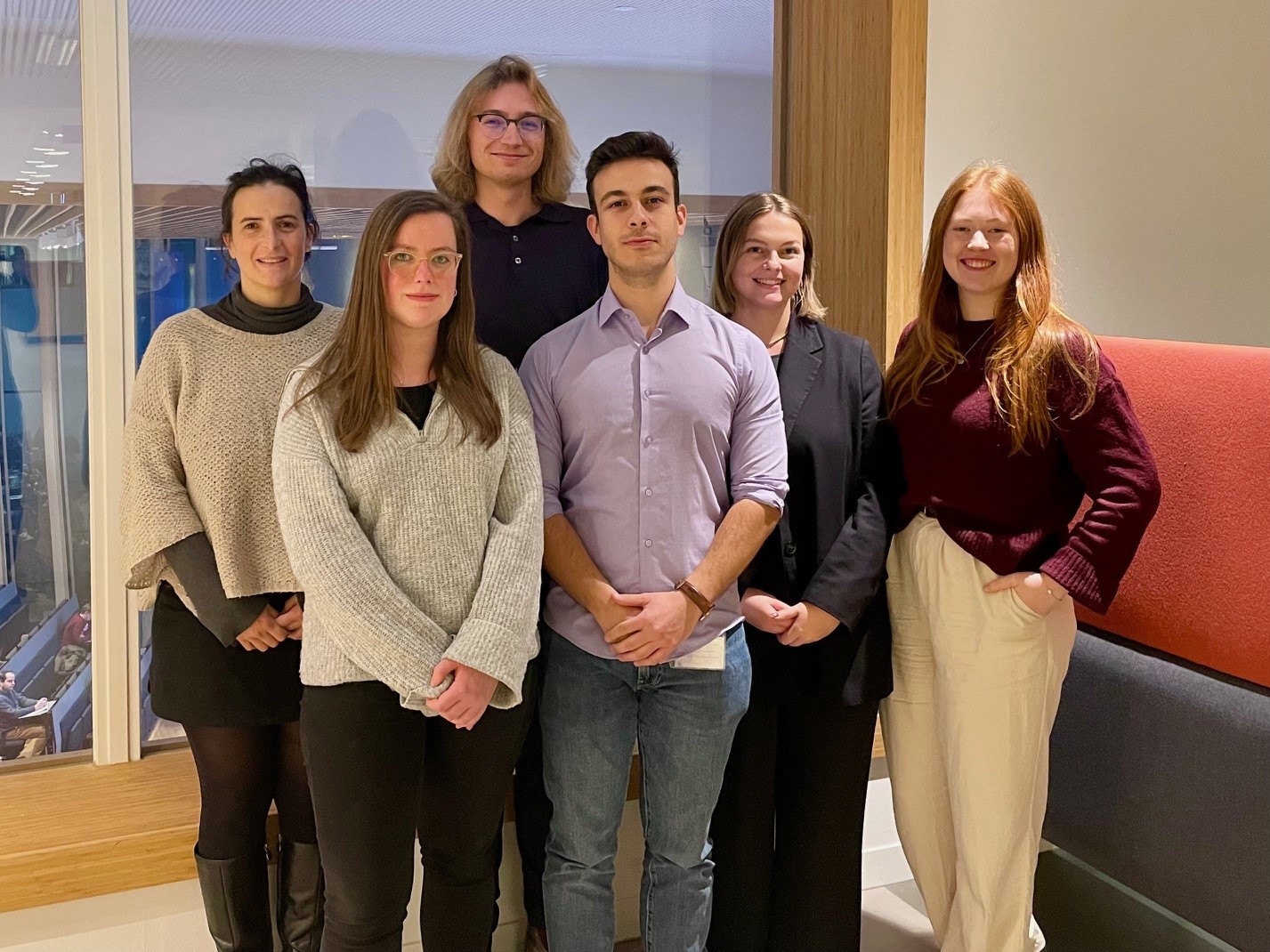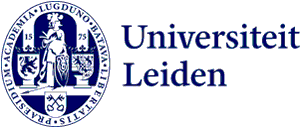
Learning from the Experts: Dutch Negotiators on Climate diplomacy
How does climate diplomacy shape global security and policy? As part of the Vital Interests course in the BSc Security Studies programme, students had the unique opportunity to engage with Dutch UNFCCC negotiators, gaining valuable insights into the complexities of international climate negotiations.
This article, written by a student ambassador Lubi Fintorova, highlights the lecture's key takeaways and demonstrates how the course connects academic theory with real-world challenges, particularly in the context of global security and climate diplomacy.
A unique learning experience
During the first block of the BSc Security Studies programme, students participated in a special lecture on international climate negotiations with Dutch UNFCCC negotiators Eva Kies and Vera Olgers. The lecture explored the complexities of climate diplomacy, taking us from the foundational principles of the Kyoto Protocol to the far-reaching impacts of the Paris Agreement. They shared their perspectives on the upcoming COP29 in Baku, Azerbaijan, covering topics like climate finance, carbon markets, and progress towards the goals set out in the Paris Agreement.
Engaging with experts
This interactive lecture was part of a broader exploration of societal protection and decision-making processes at both national and international levels. Guided by lecturers Lydie Cabane and Dennis Broeders, the Vital Interests course regularly features guest speakers who are leaders in their fields. Previous sessions have included contributions from former Dutch generals and representatives of the Ministry of Health, offering students valuable insights into security and public policy.
Lydie Cabane: 'Vital Interests is an interdisciplinary course on what states value and how states and global governance institutions manage common public goods. It brings in practical expertise from guest lecturers, which students always enjoy. Every year we host two members of the Dutch climate team, who share their practice in negotiating climate agreements.'
Bringing theory to life
Having the chance to engage directly with experts like Kies and Olgers brought our theoretical studies to life. They guided us through negotiation strategies and the role of coalitions, giving us an appreciation of the challenges and importance of international collaboration. One of my fellow students, Laura, captured it perfectly: 'It’s eye-opening to discuss these issues with people who are shaping policy at the global level,' highlighting how these guest sessions make complex issues feel more real and relevant.
A critical perspective on policy
Overall, the Vital Interests course goes beyond academic analysis, encouraging us to think critically about dilemmas, wicked problems, and the priorities that shape policy decisions.

Course 'Vital Interests'
In the Vital Interests course of the BSc Security Studies programme, security and safety are broadly defined as protection against harm and threats to valued assets. The course focuses on identifying, prioritising, and decision-making regarding vital societal interests, which are key assets or values deemed worthy of protection.
Students explore how decision-makers—such as politicians and policymakers—prioritise risks and determine which interests to safeguard within the constraints of limited resources. The course also examines the challenges of assessing probabilities in complex global security issues and the decision-making process for protecting national, international, or collective interests.
By critically analysing these priorities, students learn to question the designation of vital interests, including whose interests are served, the potential impacts, and the legitimacy of such decisions.
Photo: Lydie Cabane, Sarah Walden, Kayle van 't Klooster, Thanos Chatziioannou, Sarah Snoei, Abi Thorley
